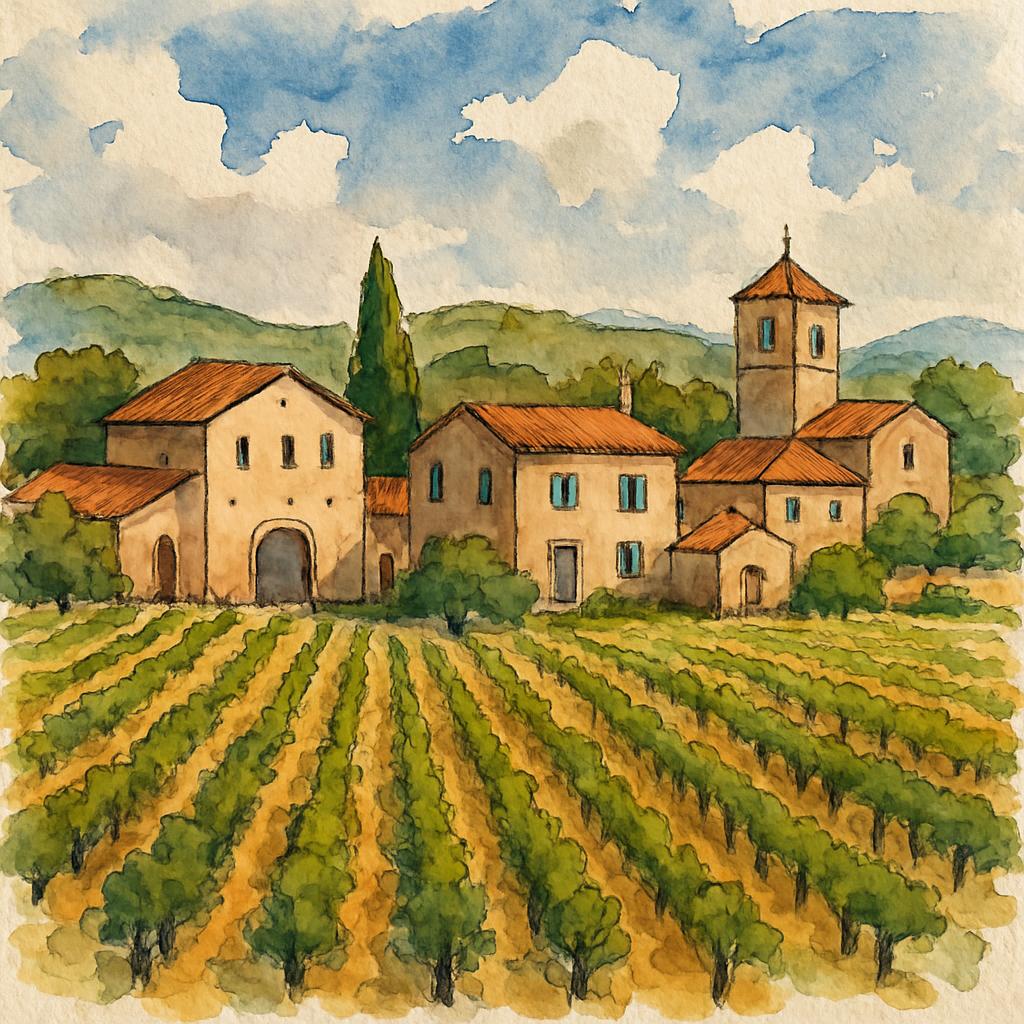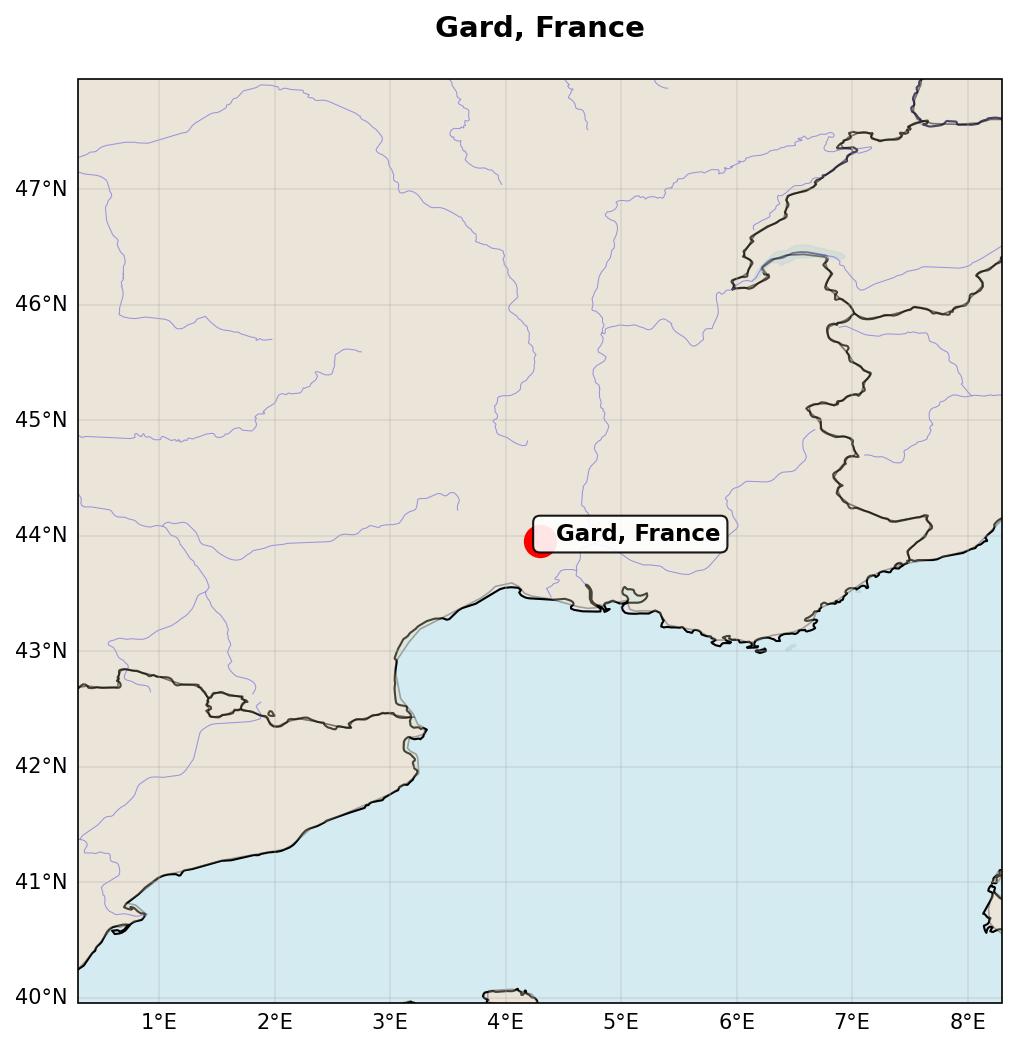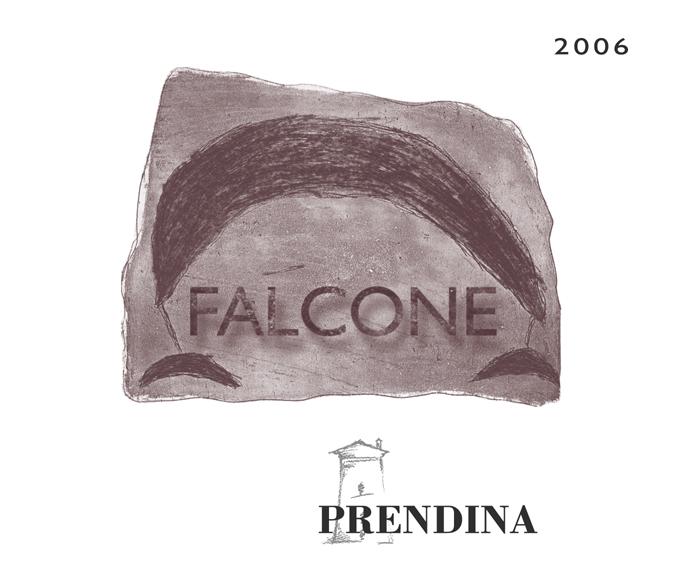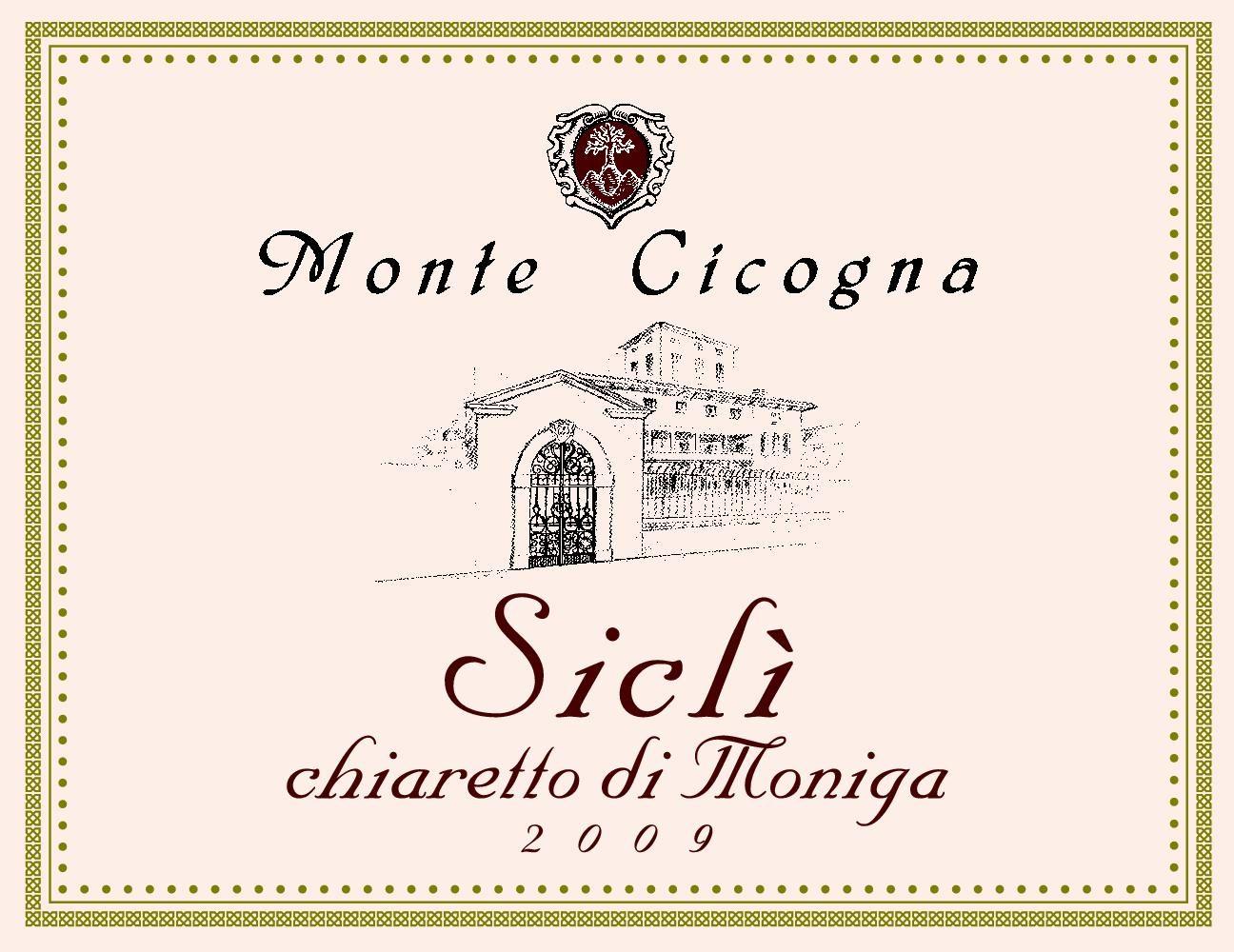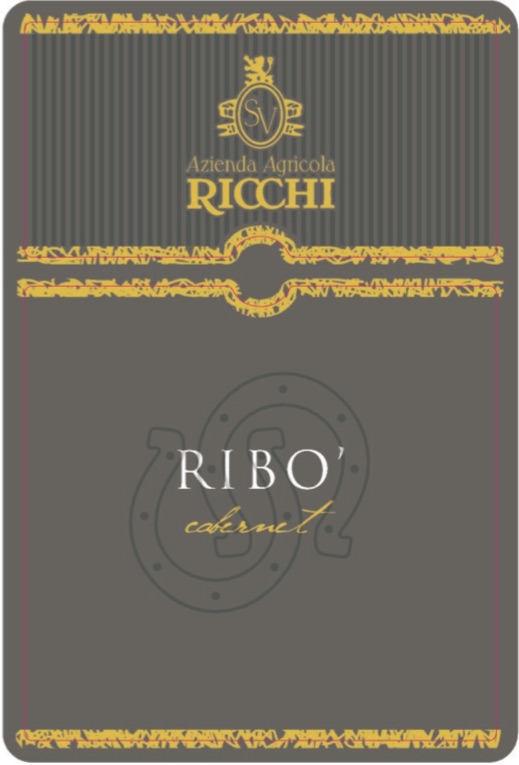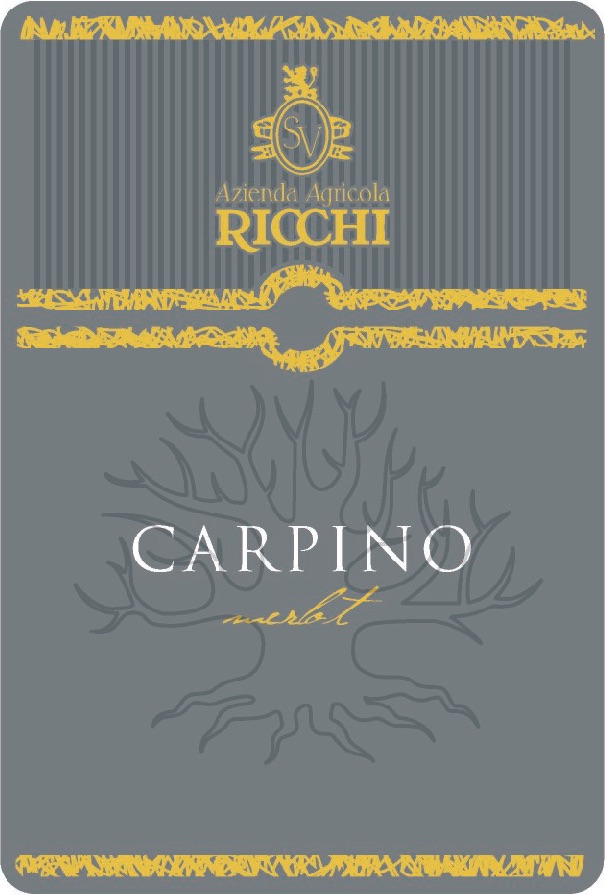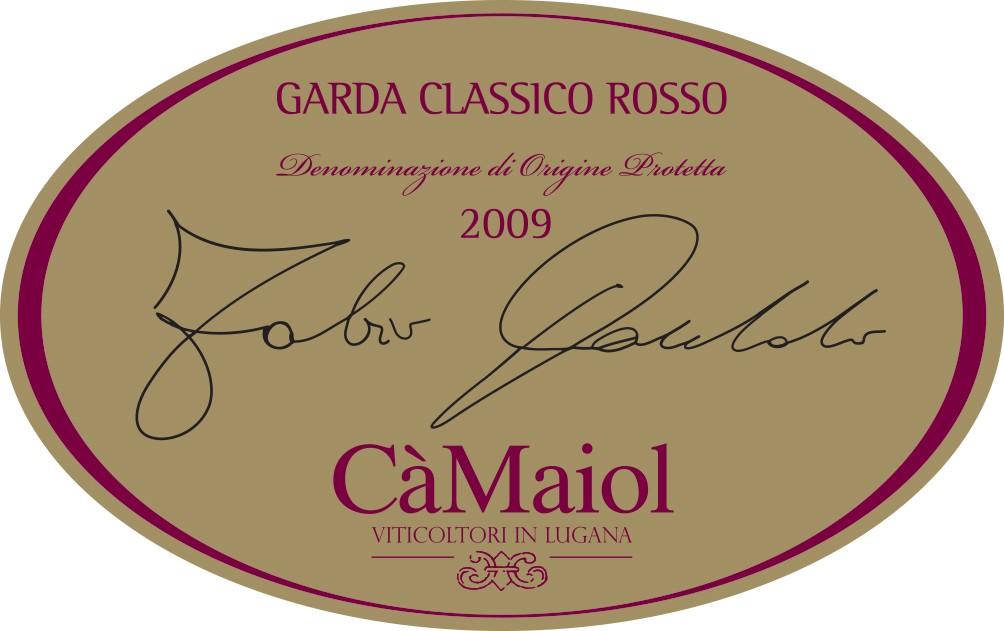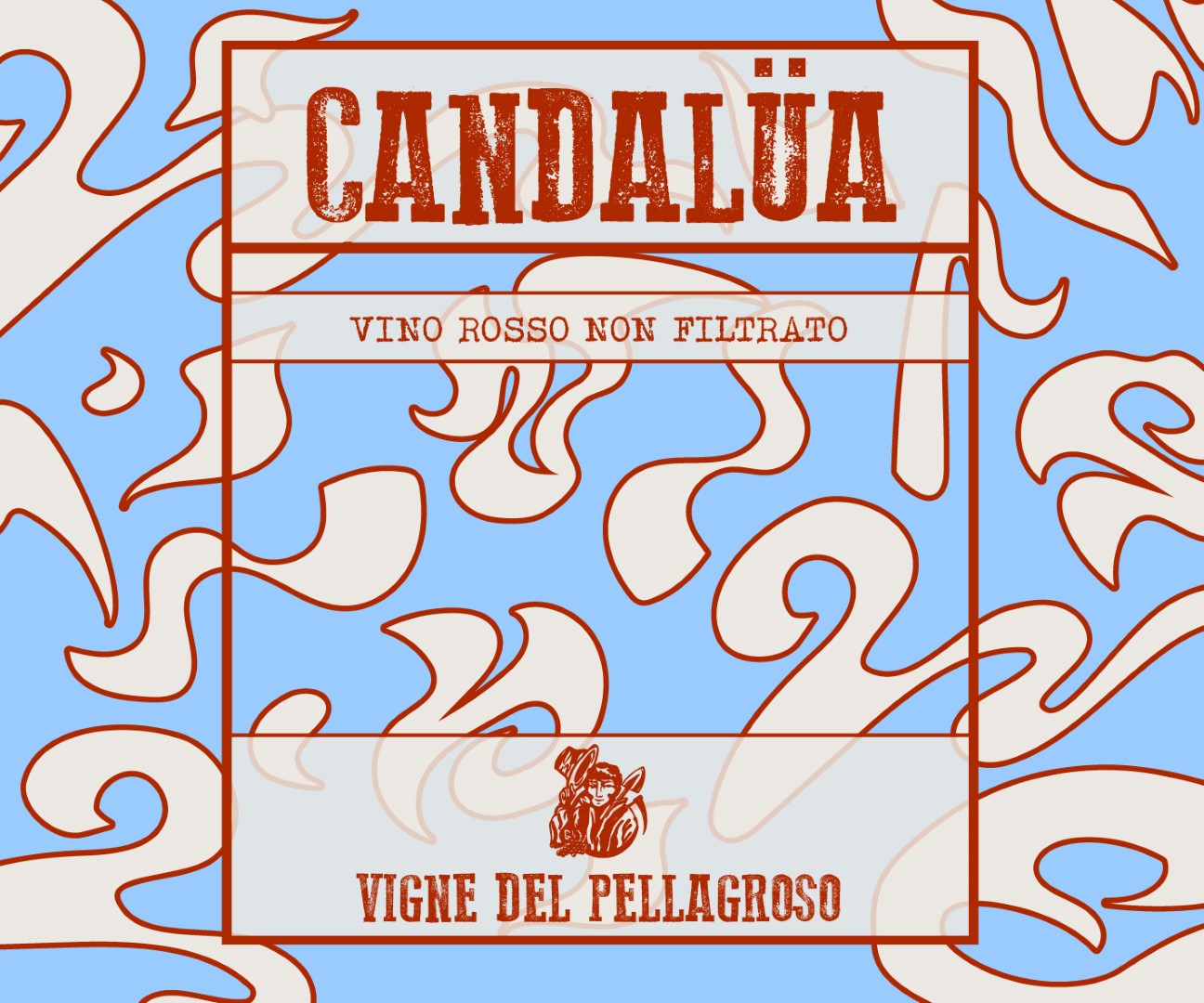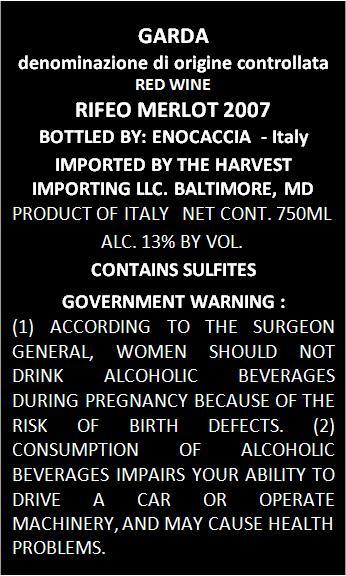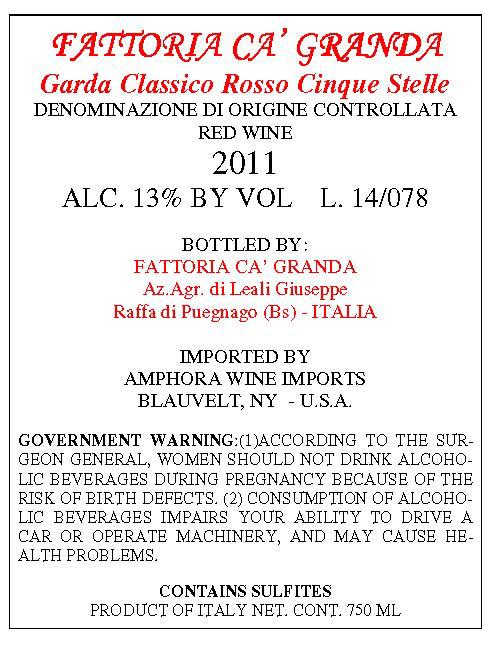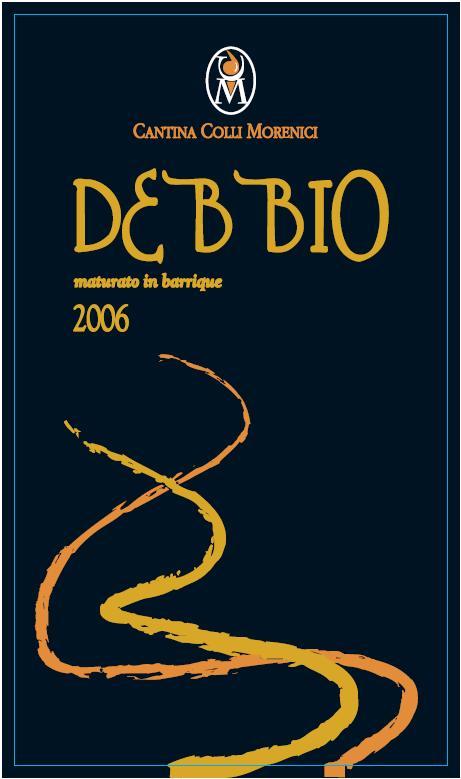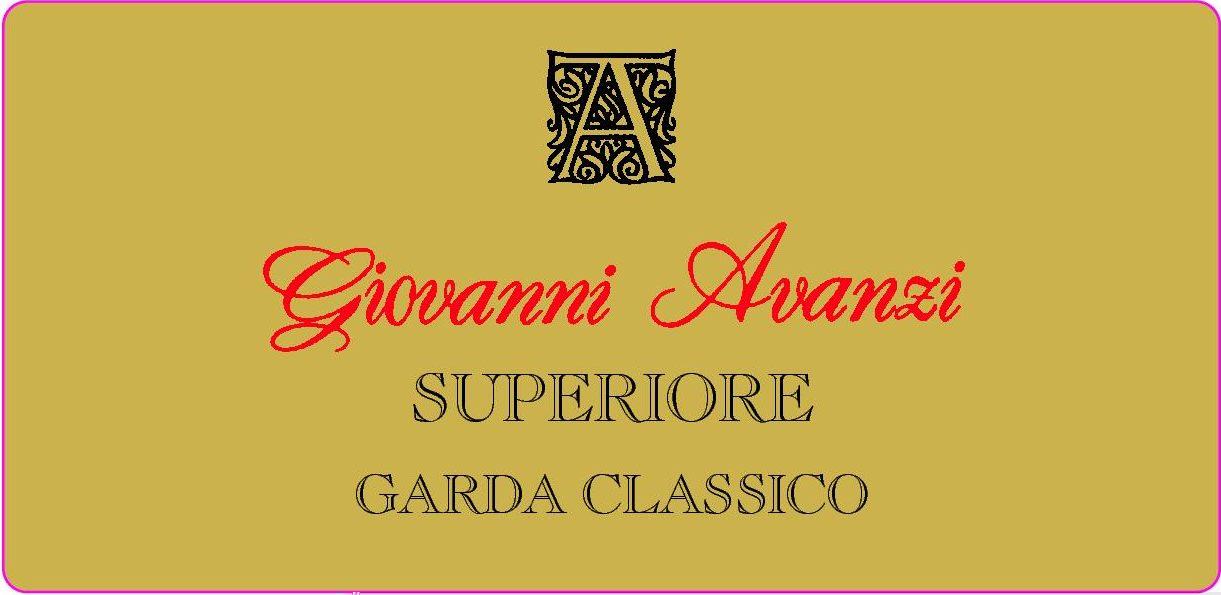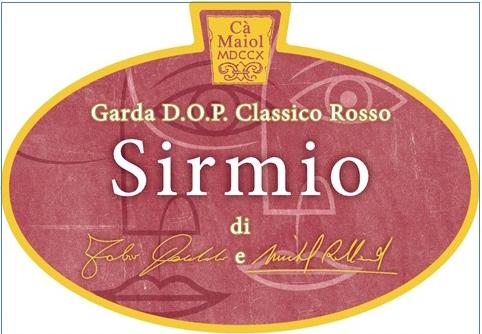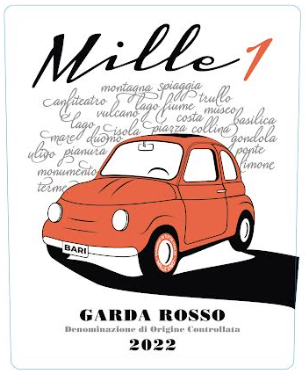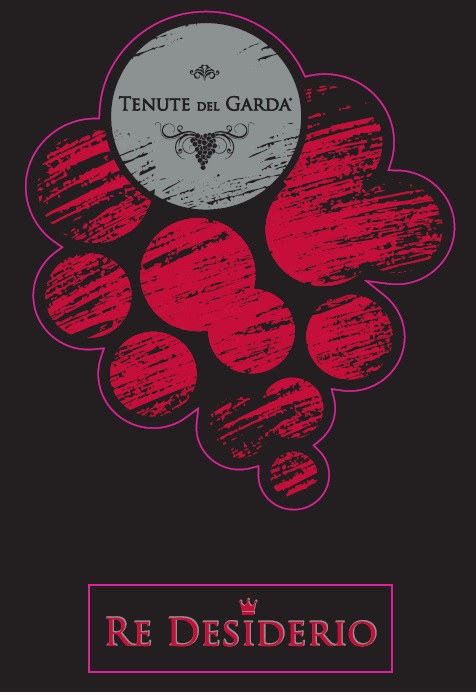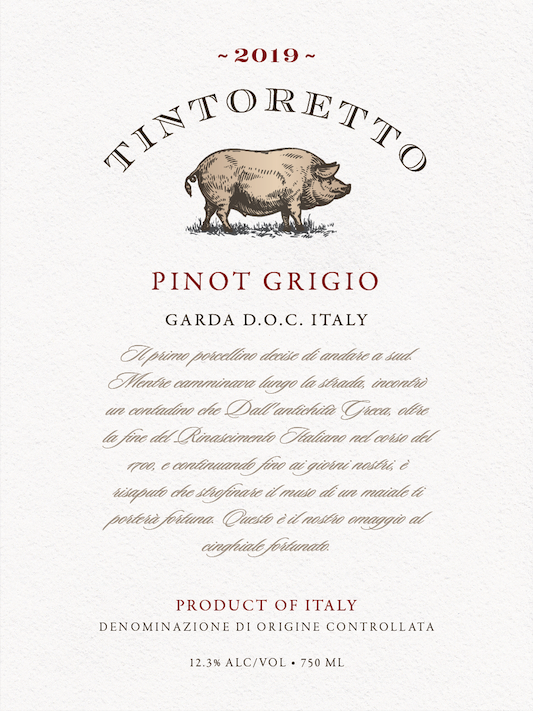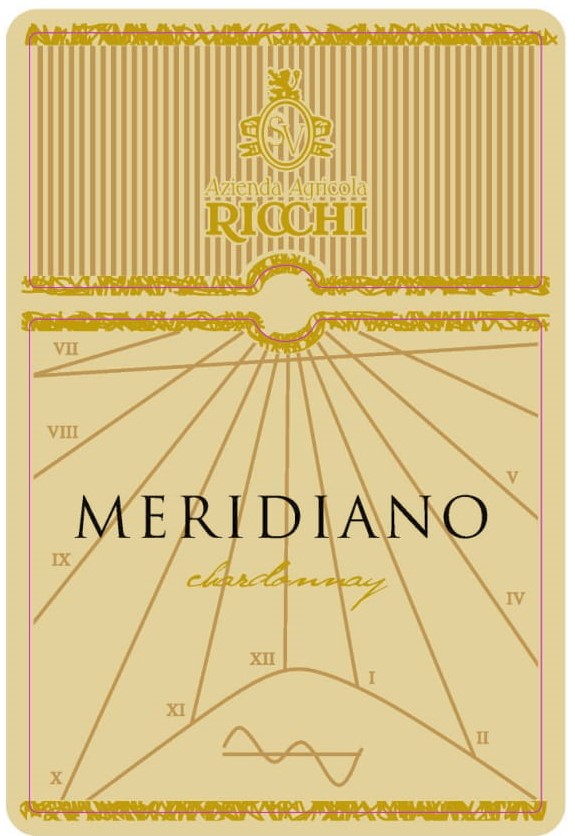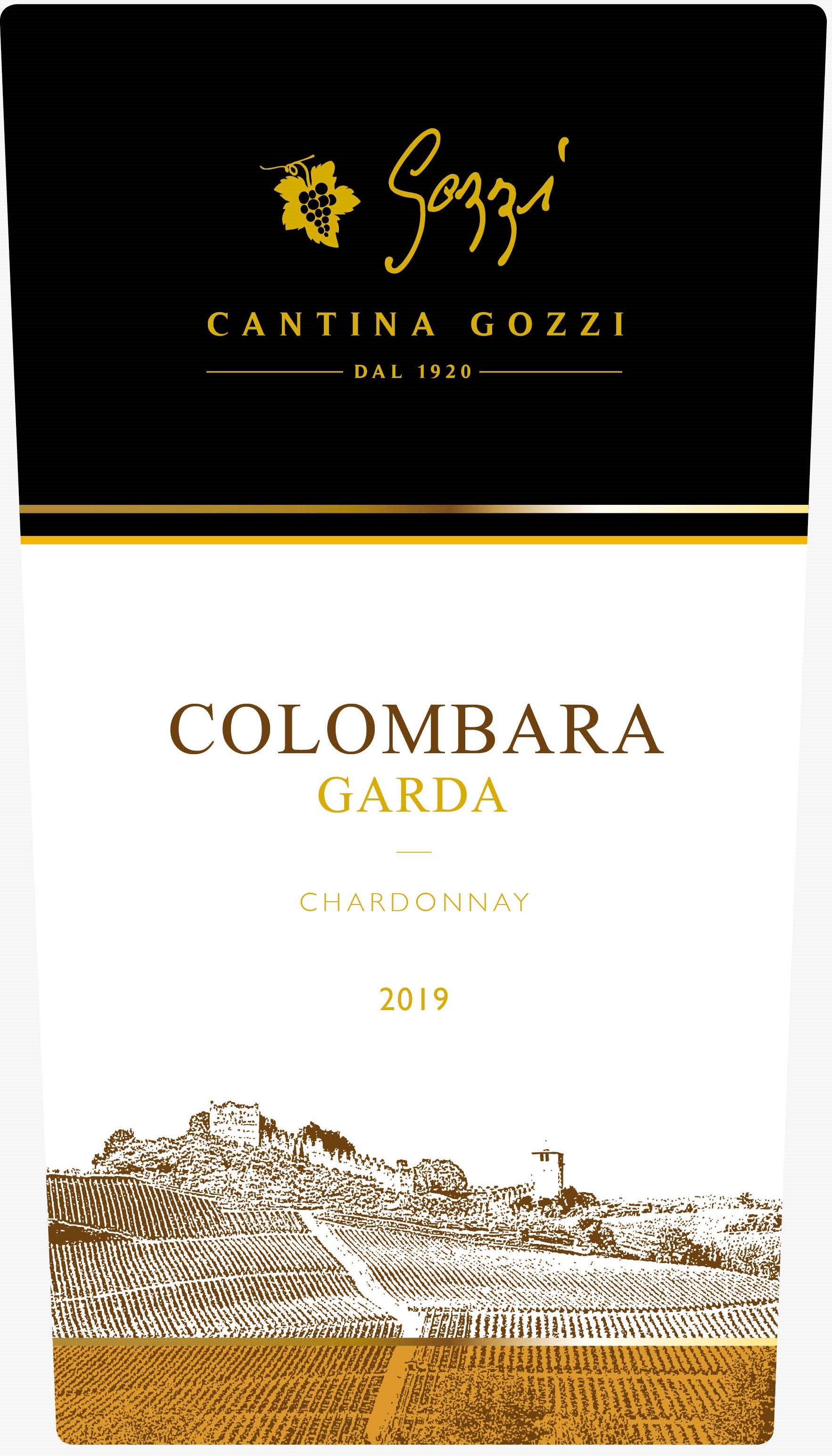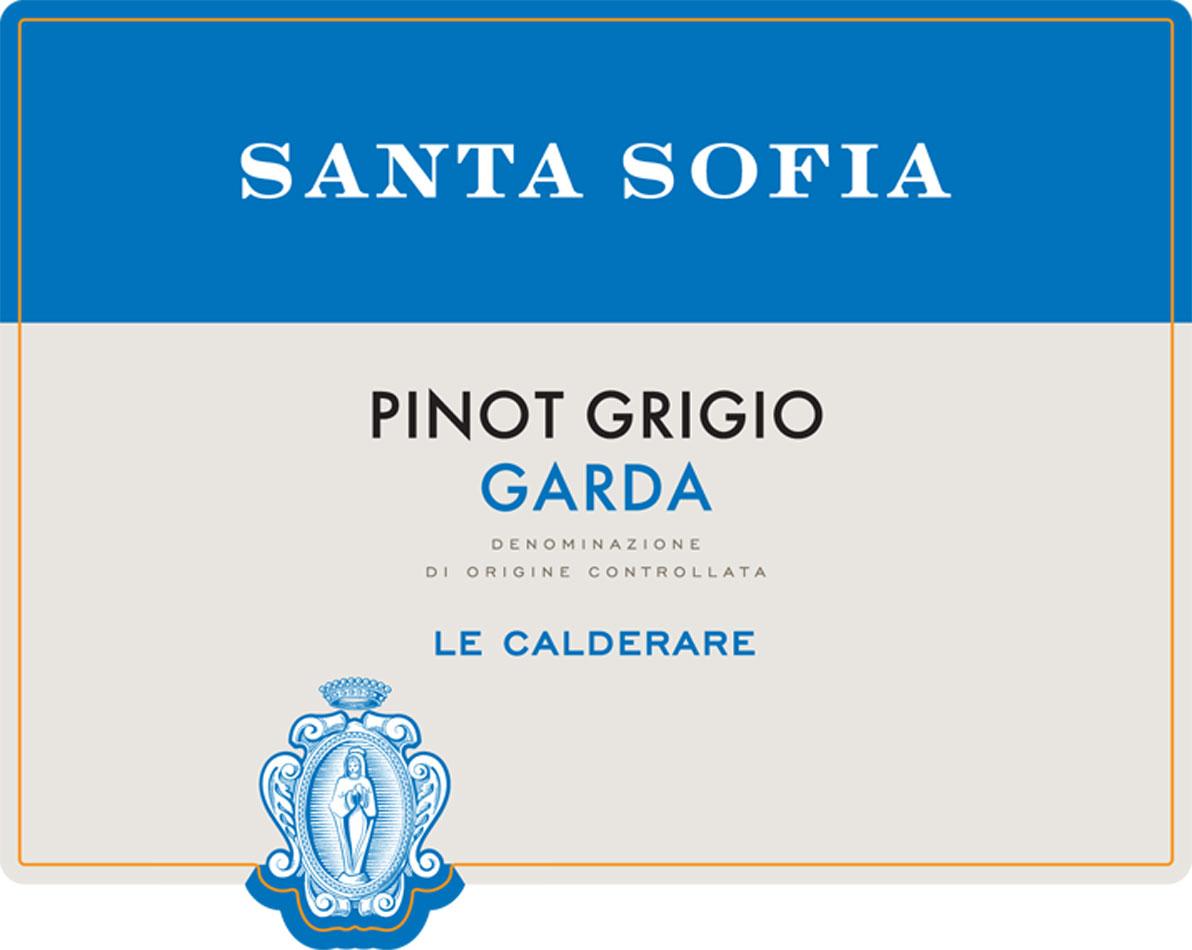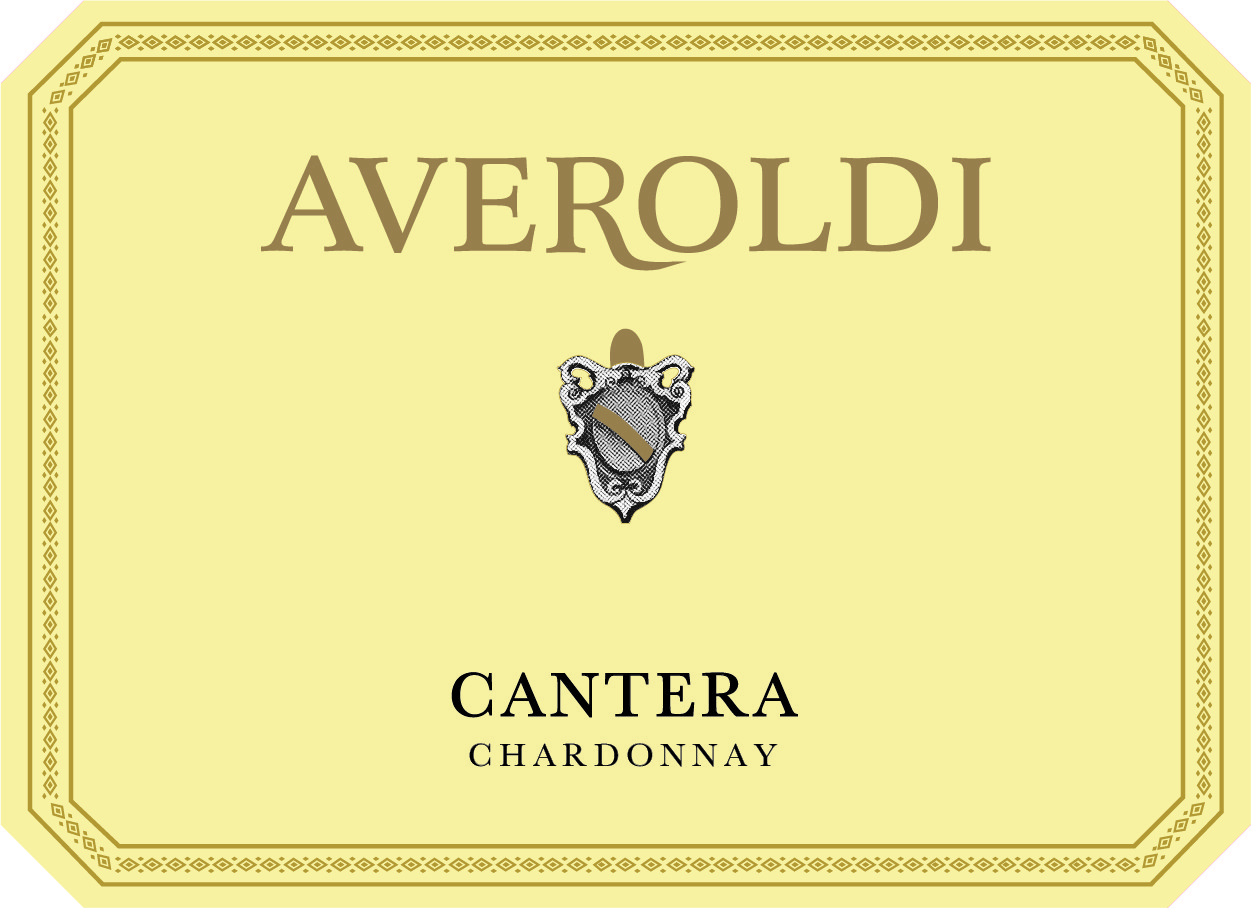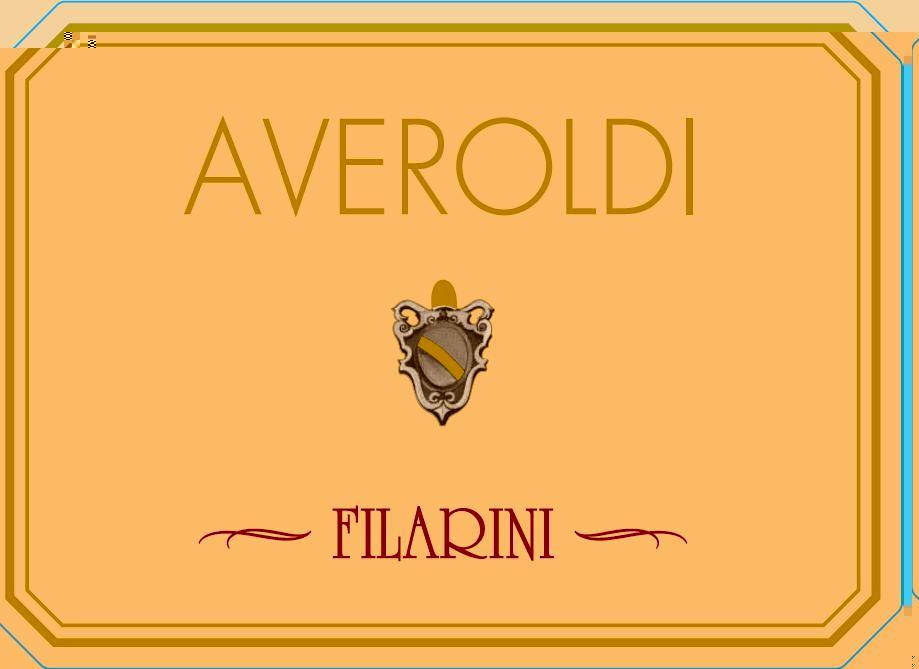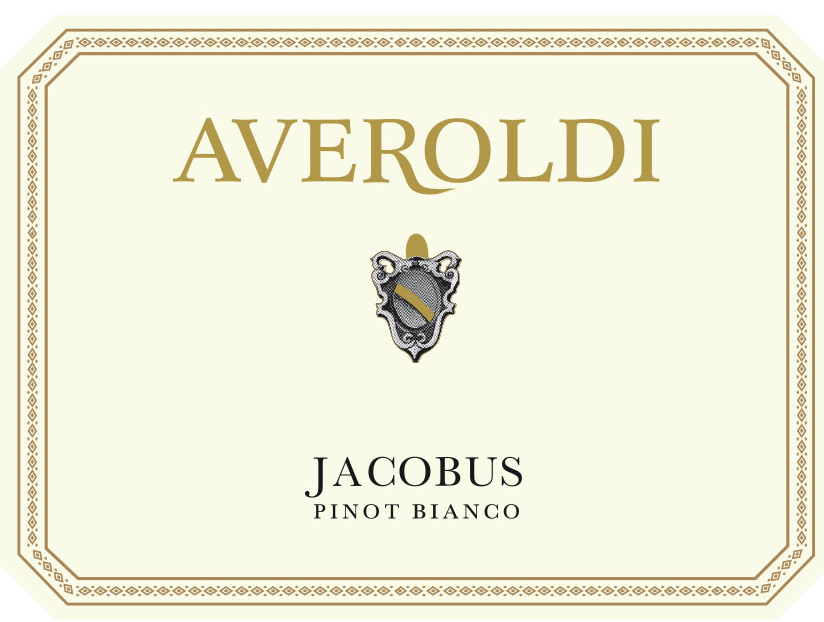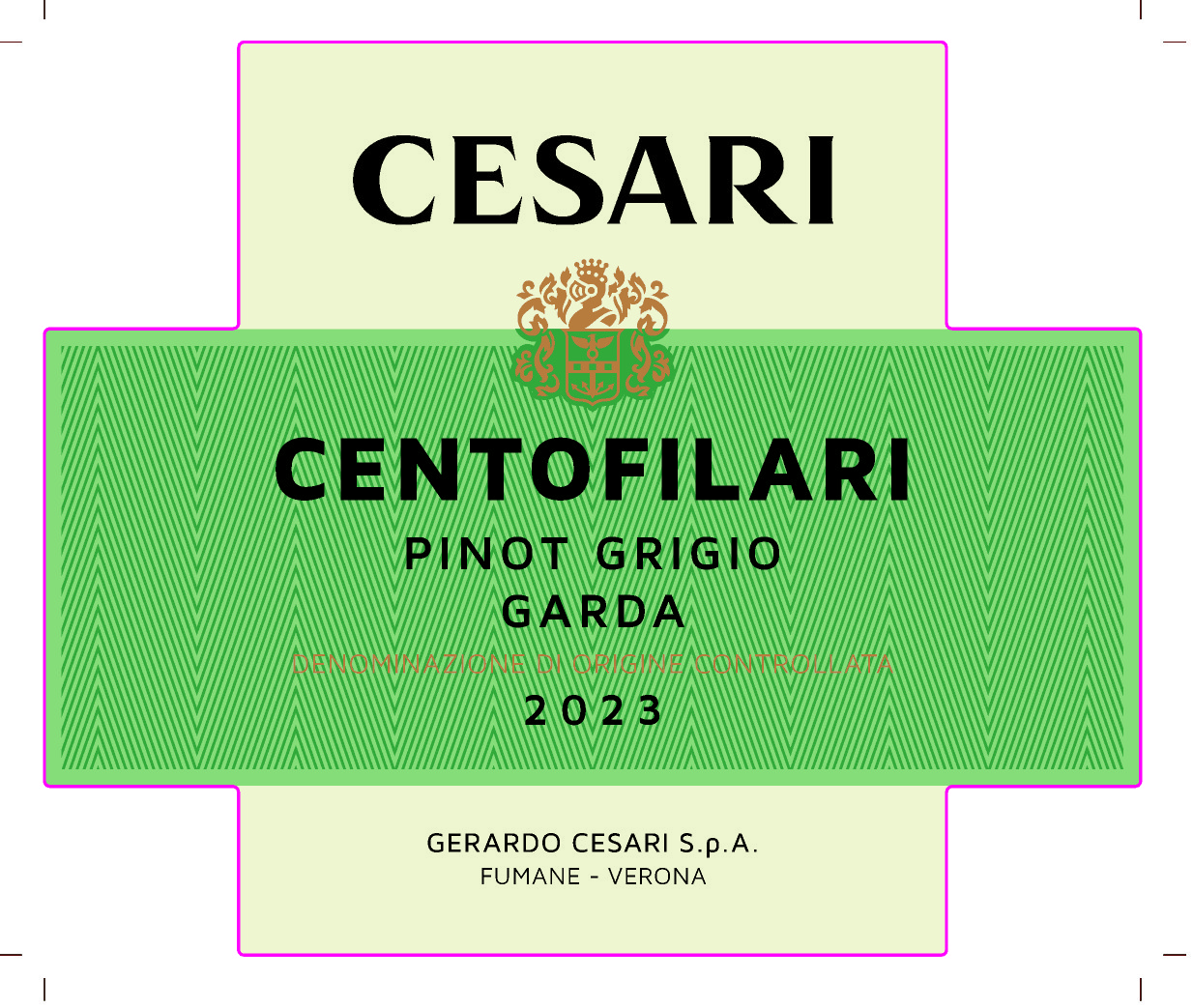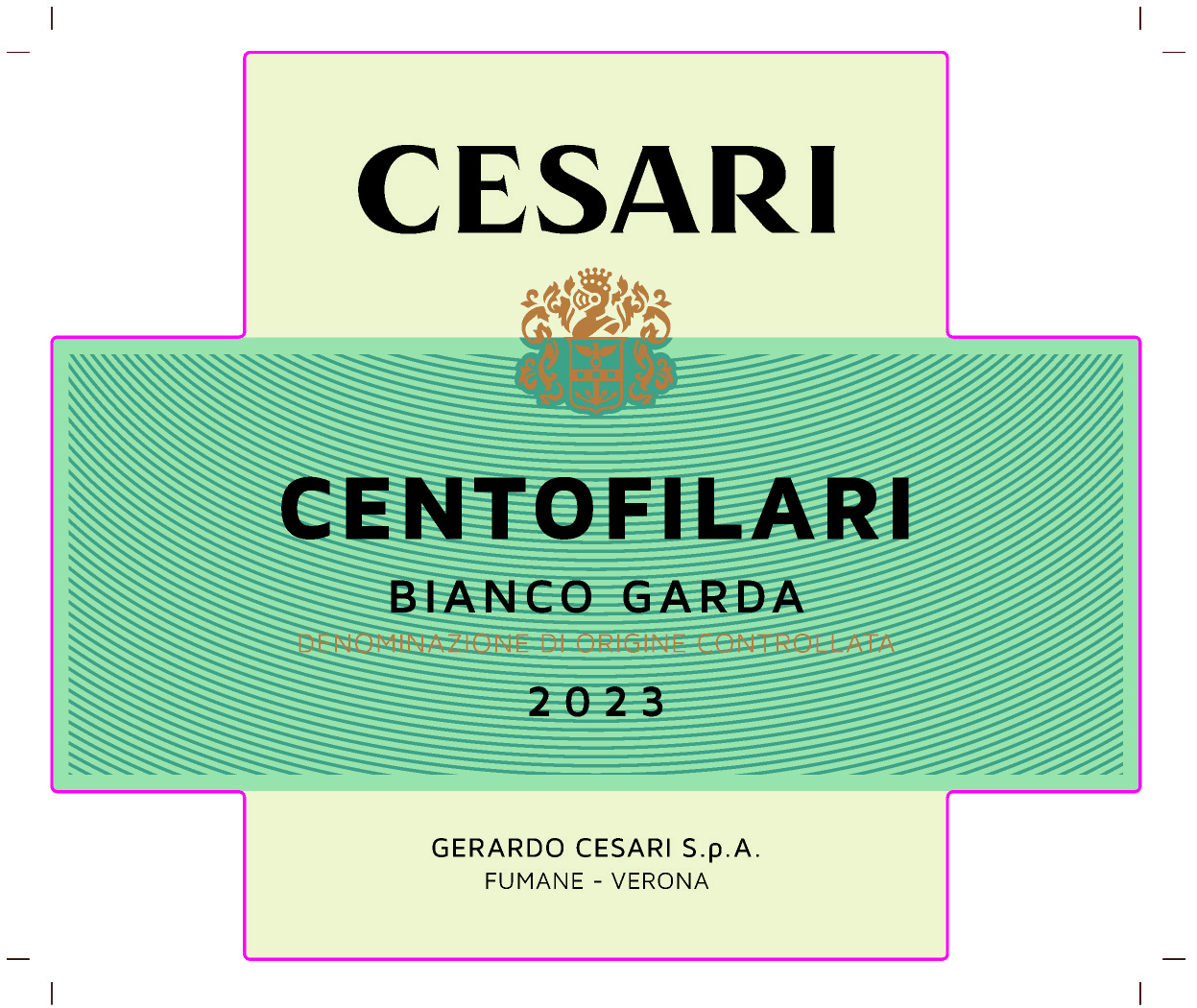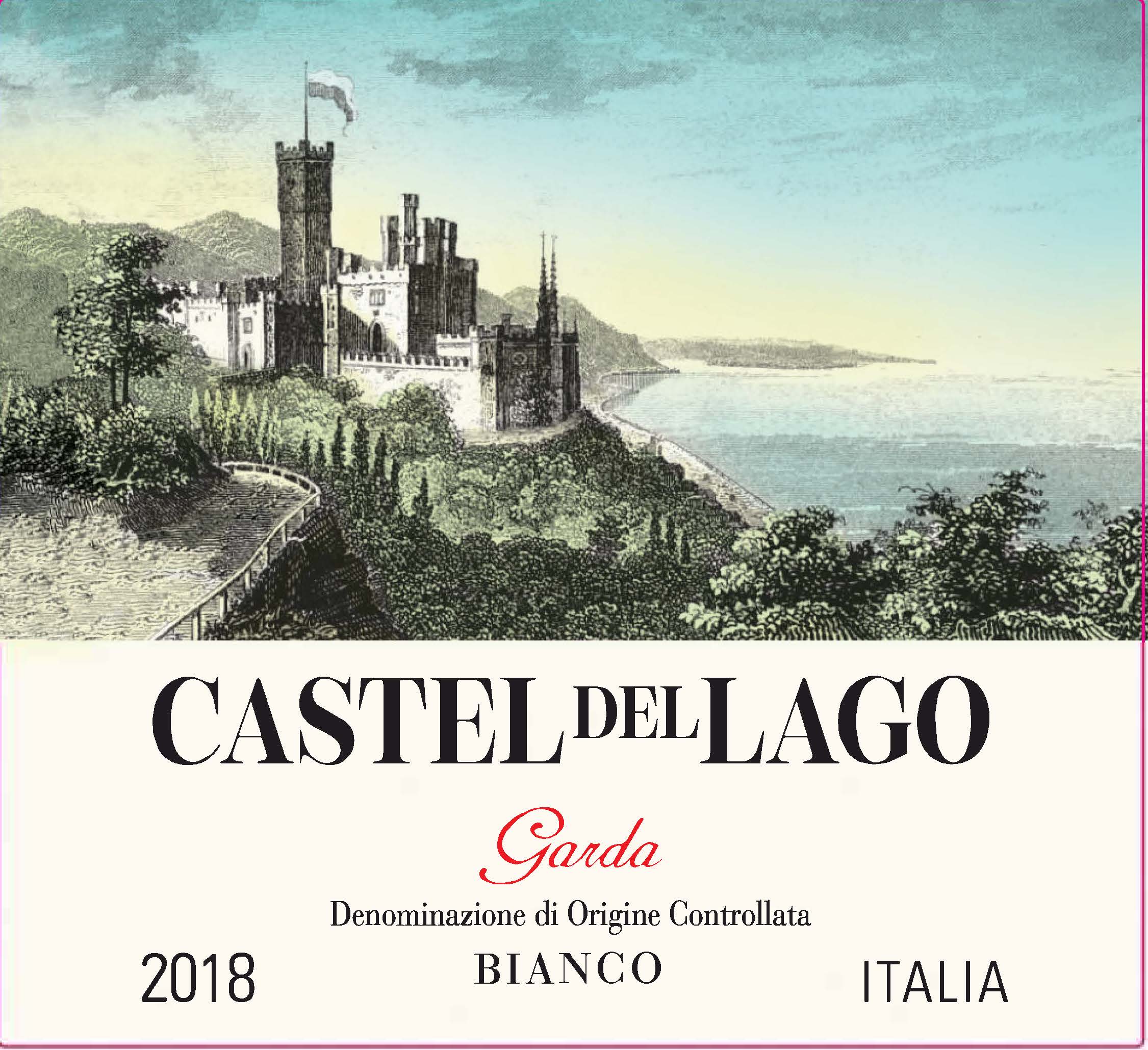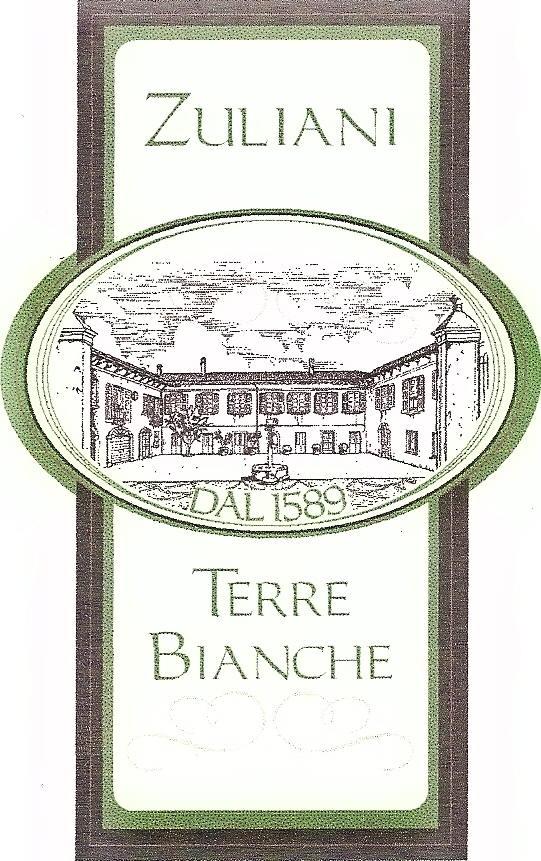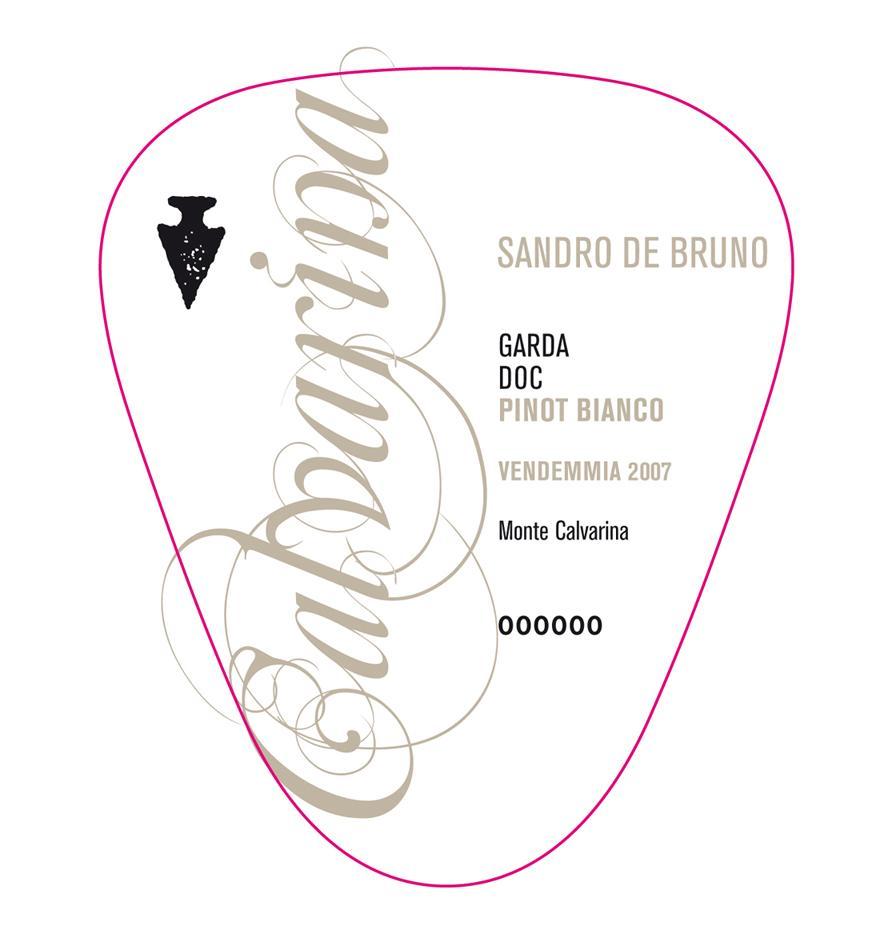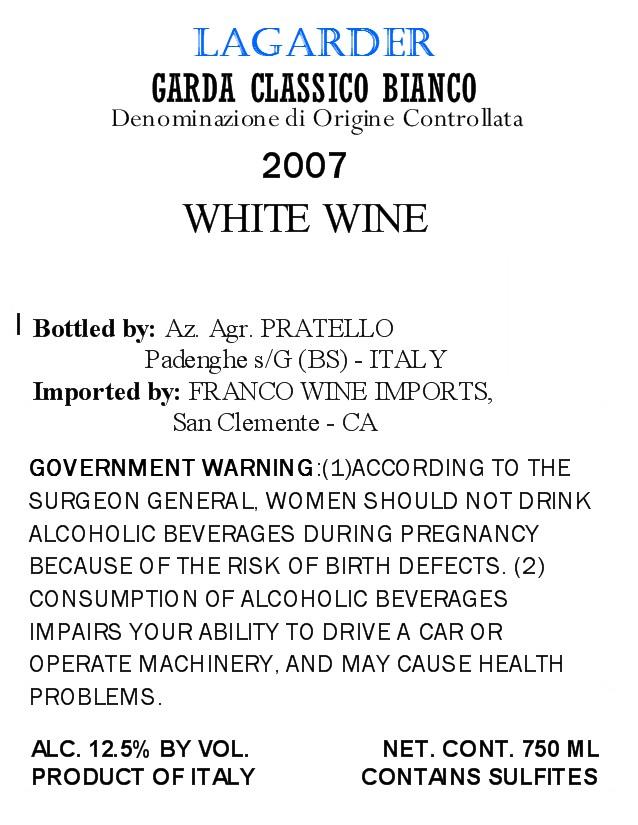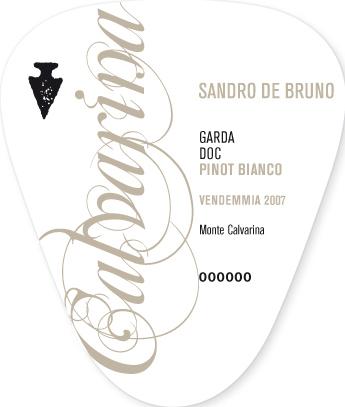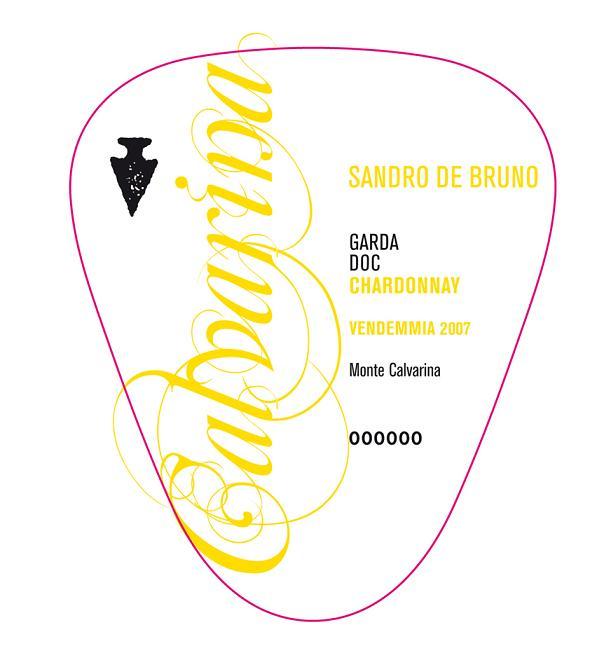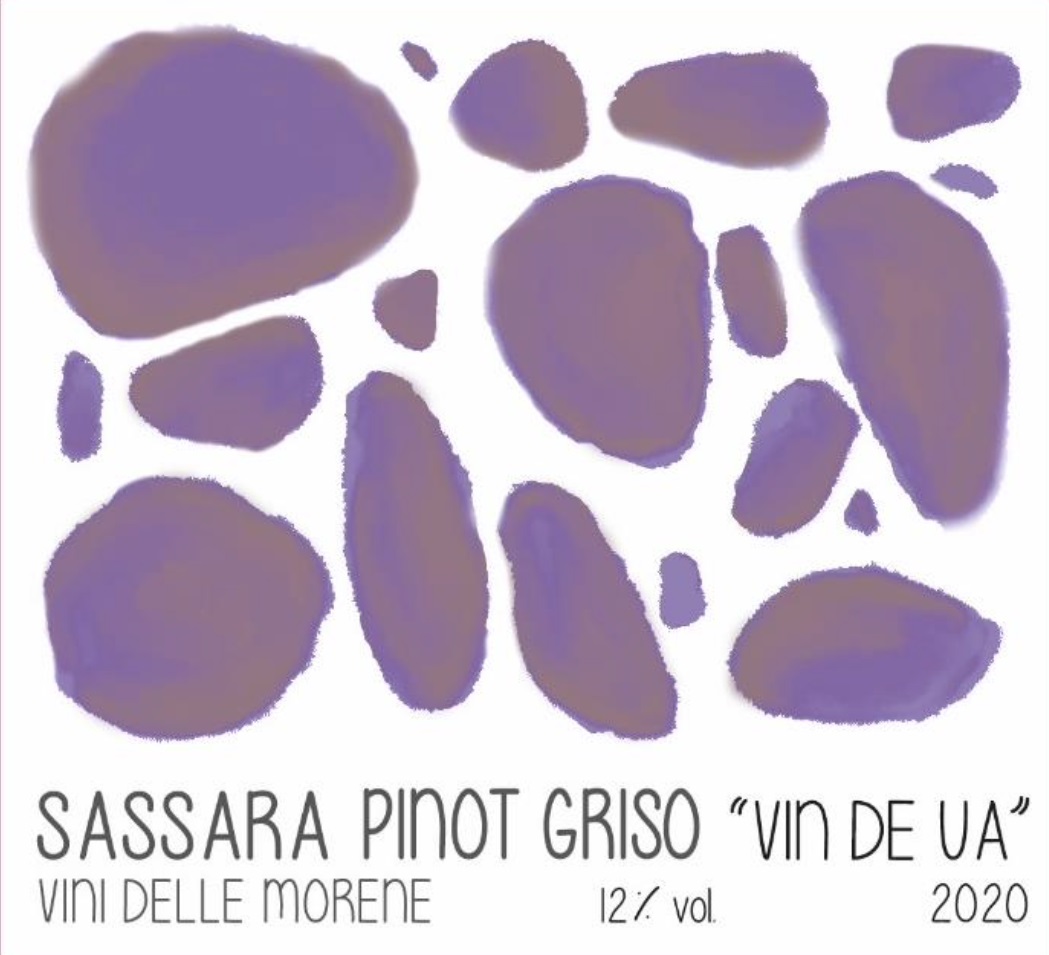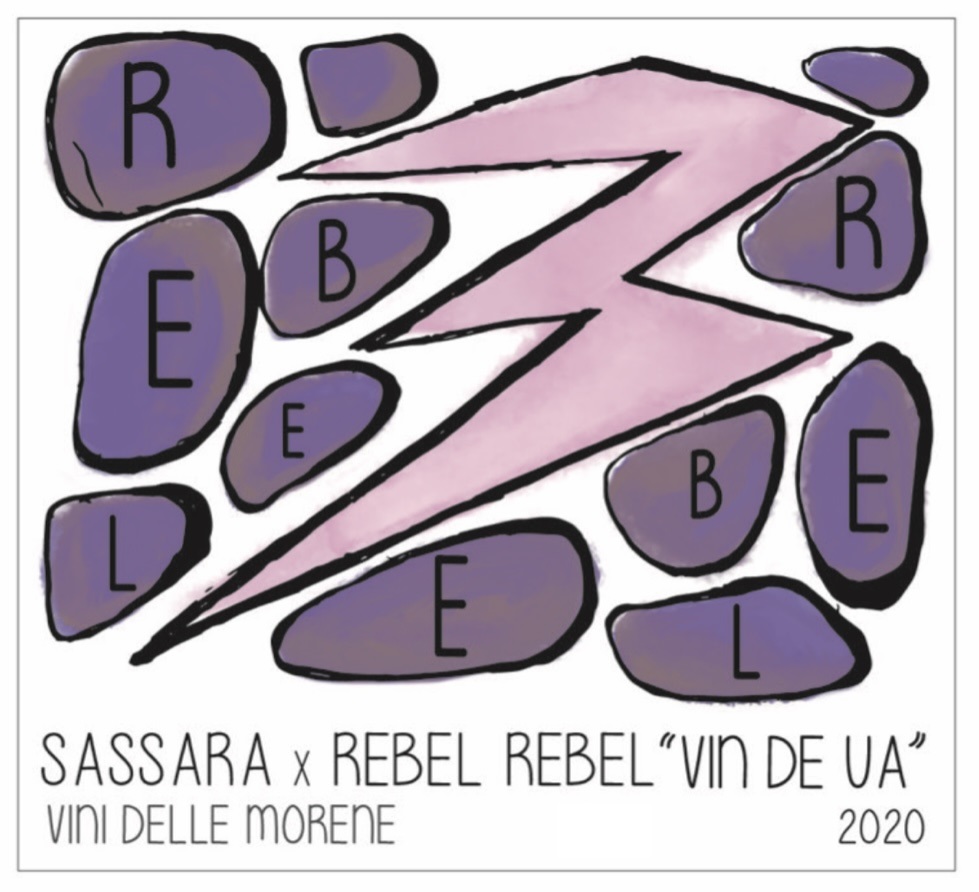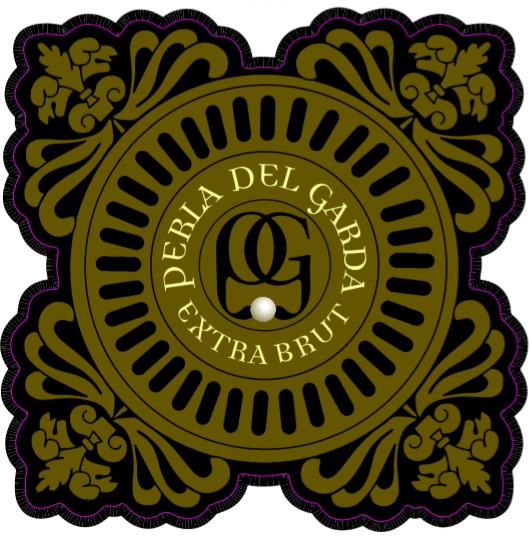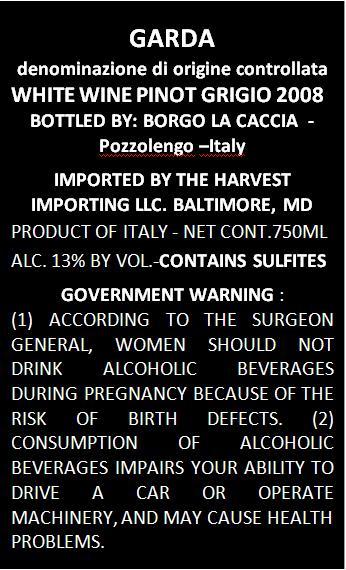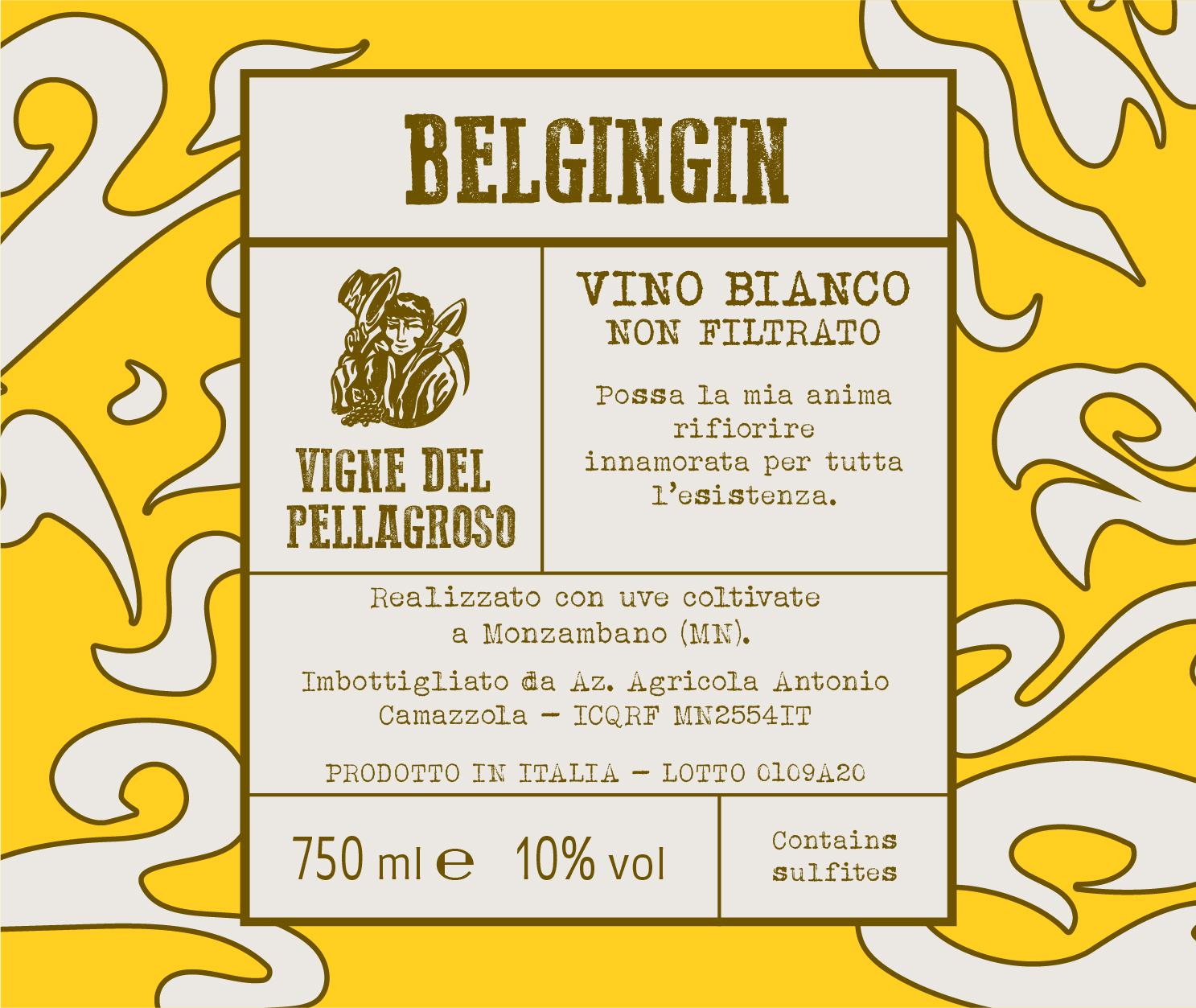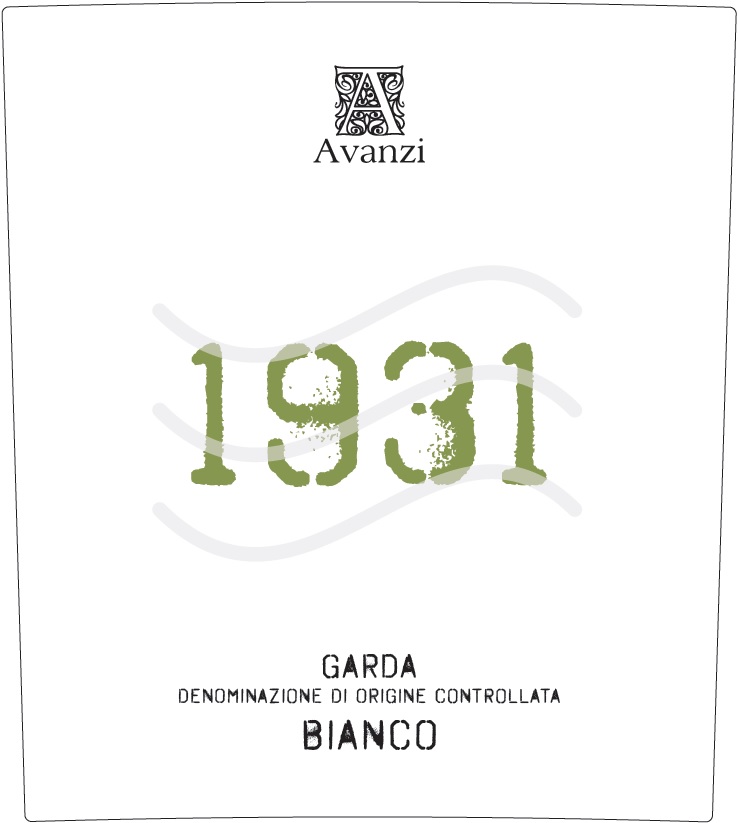Terroir of Gard
The terroir of Gard is a mix of different soils, including alluvial deposits and smooth pebbles in the Rhône Valley, and limestone and stony clays in the Cévennes foothills. Near the Camargue, dune sands and calcareous plains add to the diversity. These elements create unique micro-terroirs that enhance the region's winmaking potential, allowing various grape varieties to flourish, each with distinct characteristics.
The Mediterranean climate, characterized by long, sunny summers and mild winters, is crucial for grape growth. While temperatures often exceed 30°C, the cooling Mistral and Tramontane winds, along with sea breezes, provide balance. This climate supports early harvests in warm years and ensures grapes fully ripen, contributing to the rich, vibrant wines that make Gard famous.
Notable Wineries in Gard
The Gard region, positioned between the Cévennes and the Mediterranean, is renowned for its diverse and expressive wines. Among its notable wineries, Château de Manissy in Tavel stands out as a historic family estate dedicated to crafting the region's iconic dry rosé, reflecting the classic Tavel style.
Further east in Verfeuil, Domaine de Gressac is a private estate known for producing wines that capture the essence of the local terroir. Throughout the department, especially in areas like Tavel, Lirac, and Costières, you'll encounter village cooperatives and small family estates.
These producers, ranging from artisanal vineyards to larger operations, are committed to creating regional blends that highlight their unique origins, contributing to Gard's reputation as a vibrant and dynamic wine region.
Sustainable Winemaking in Gard
In the Gard region, sustainability practices are becoming a cornerstone of winemaking, reflecting a commitment to both heritage and innovation. Vineyards are increasingly turning to cover crops and maintaining grass to enhance soil health and combat erosion. Integrated pest management systems are reducing the reliance on synthetic chemicals, aligning with a broader shift towards organic, biodynamic, and HVE certifications.
Water management is crucial, with many estates adopting dry farming techniques and utilizing drip irrigation to conserve resources. The recycling of water and composting of vine prunings is widespread, contributing to the region's low environmental footprint. Energy efficiency is prioritized through the use of gravity flow systems and on-site renewable energy sources. Lighter bottles and recycled glass are also part of the strategy to minimize carbon emissions, ensuring that Gard's wines remain as environmentally friendly as they are expressive.
Wine Tourism in Gard
Gard is a premier destination for wine tourism, offering a network of wine routes that guide visitors through its picturesque vineyards and charming villages. These routes provide opportunities to visit both large cooperatives and small family-run wineries, where guests can enjoy guided tours and tastings, often by appointment.
The region’s wine experiences are beautifully complemented by its historical landmarks, such as the Roman Pont du Gard and the arenas in Nîmes. Coupled with this, Gard’s favorable climate makes outdoor activities like hiking and cycling through its scenic landscapes a joy.
The area also hosts numerous festivals and harvest-time celebrations, such as Tavel's spring rosé festival, which highlight the region's cultural richness. These events often feature local culinary delights, enhancing the wine-tasting experience with regional specialties like olive oil, cheeses, and Mediterranean seafood, making Gard a top choice for wine enthusiasts.
